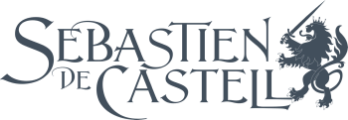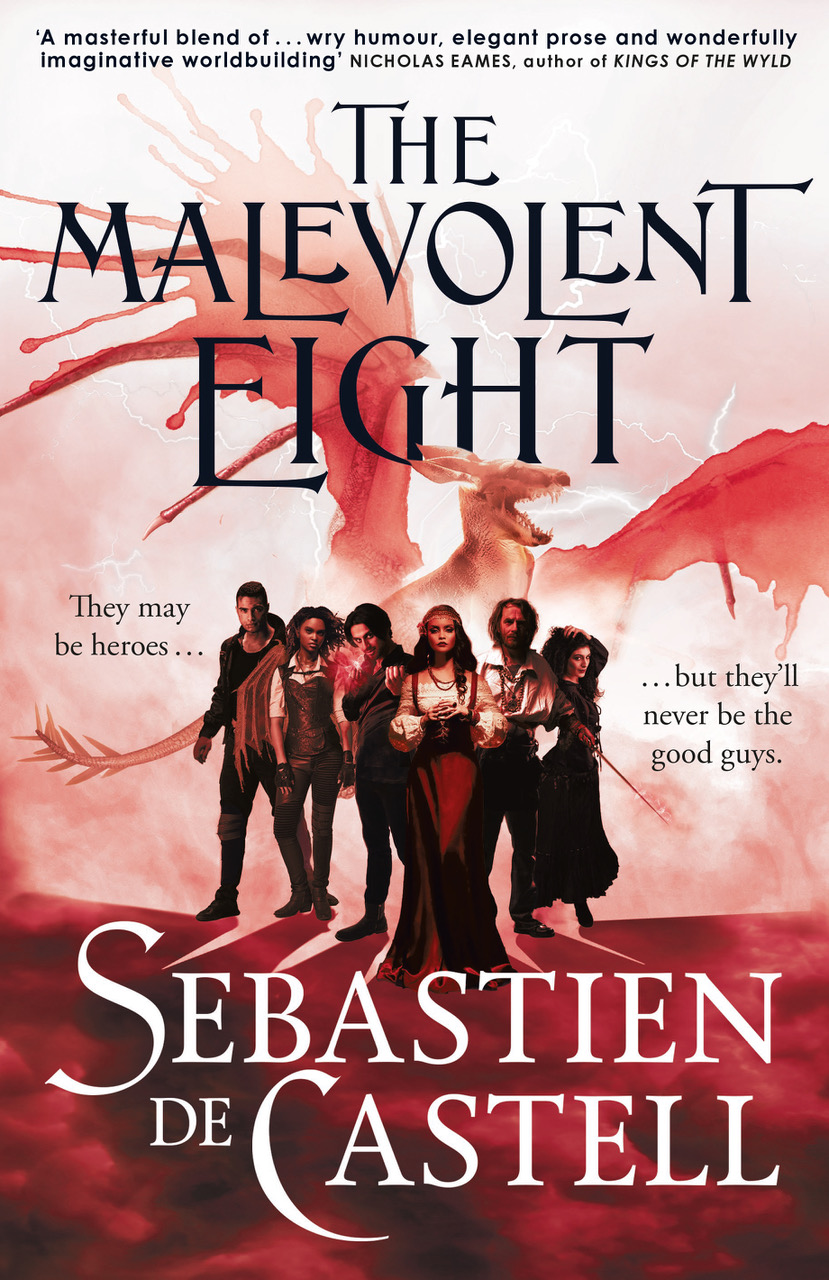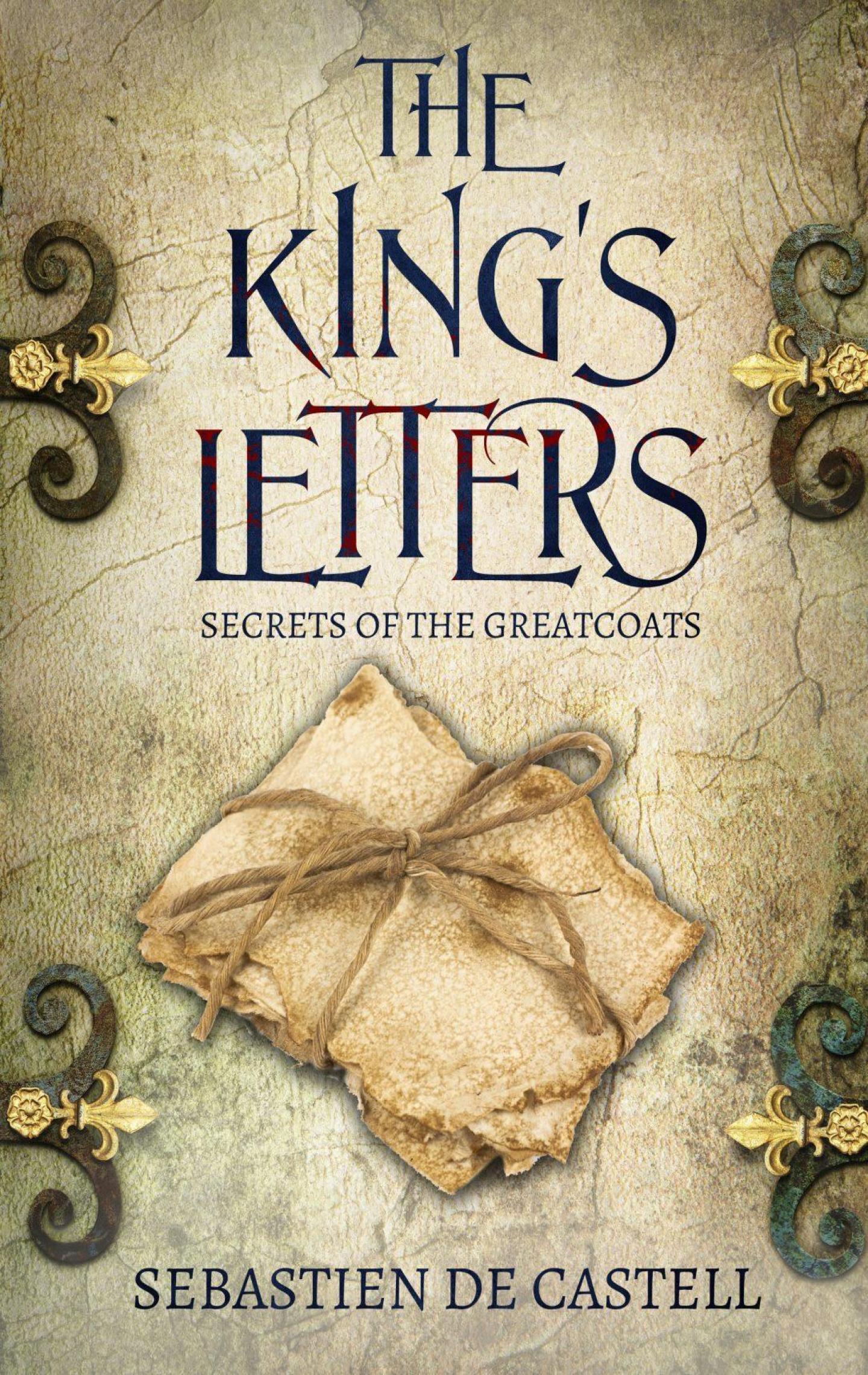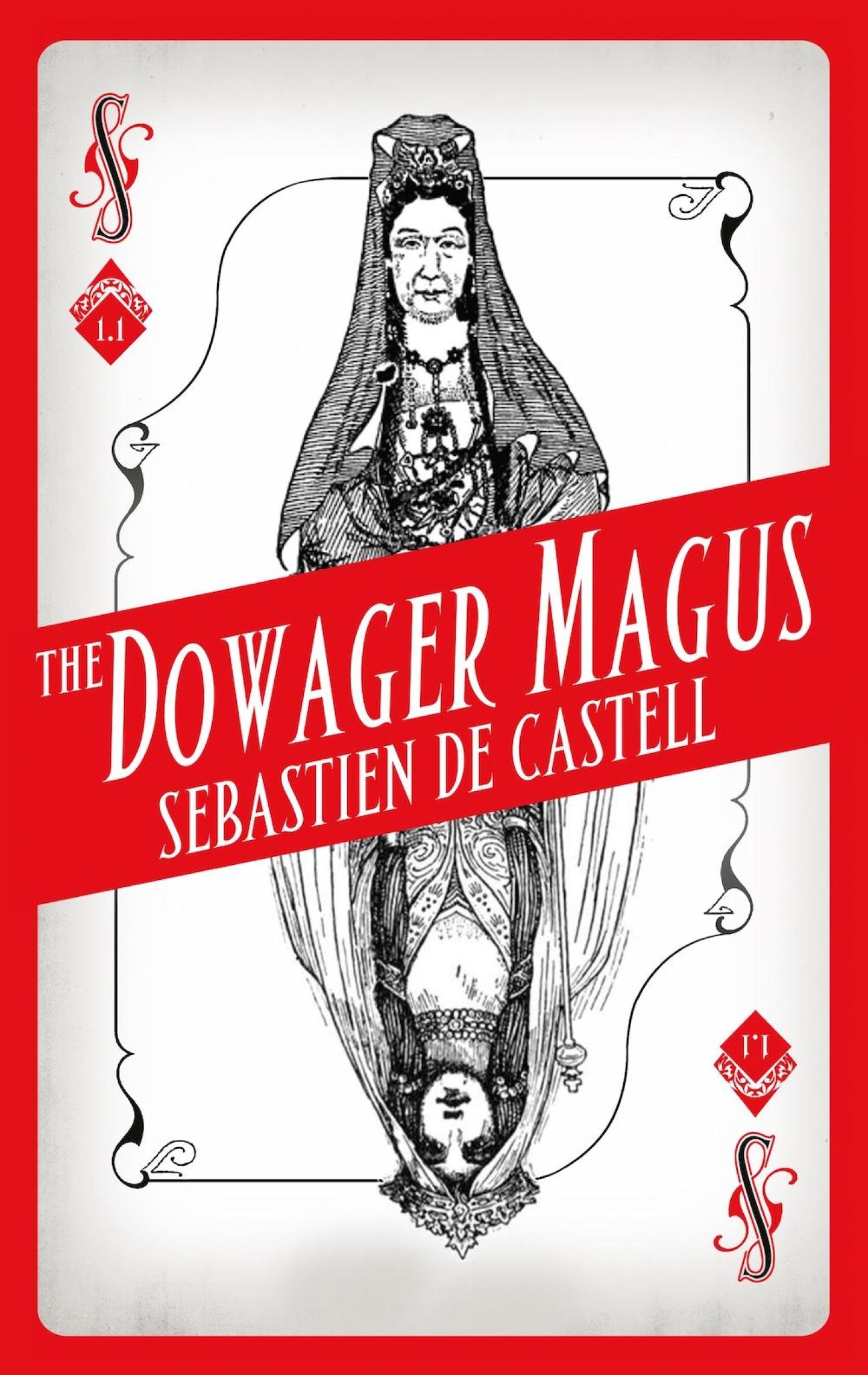Note: I originally wrote this for Upcoming4.me back in 2014.
There are a number of things you try do in the middle of an fencing match: concentrate on your form, look for a hole in your opponent’s defence, dream up the plot for your fantasy novel…no, wait, that last one is a terribly bad idea. Nonetheless, that’s what I found myself doing years ago at a fencing hall in Vancouver. I lost the bout but began the journey towards writing Traitor’s Blade, the first book in the Greatcoats series.
Fencing
I never set out to become a competitive fencer so it didn’t bother me to only be ‘pretty good.’ I’m a wanderer by profession – someone whose career is made of going on adventures within different vocations rather than trying to rise to the top of any one industry. I’ve been a touring musician, an interaction designer, an actor, a teacher, a fight choreographer, and, of course, a writer. I’ve known people who were the exact opposite – who focused everything in their lives around single pursuit. It always struck me as a dangerous road – after all, what happens to someone who has spent their entire lives in pursuit of a single cause only to fail spectacularly. What would they do next?
Failure
At the beginning of Traitor’s Blade, the three main characters, Falcio, Kest, and Brasti, have come to exactly that point. After having devoted their lives to a single mission – that of bringing the King’s laws to those living under the capricious rule of local Lords and Dukes – their dream has finally died. The King is dead, their order is disbanded, and they themselves are reviled as traitors and cowards. The only way they can survive is by working as bodyguards for a corrupt merchant who, as the story begins, has them waiting outside his bedroom while he has sex with his mistress. Things get worse when the mistress turns out to be an assassin who kills the merchant and frames the trio for the murder.
Knights Suck
I wanted Falcio, Kest, and Brasti to have once held an important role in their society – something that required them to be both heroic in nature and skilled in combat. In a great number of fantasy and adventure novels, the obvious choice would be to make them knights. But the truth is, I sort of hate knights (at least the historical ones.) For the most part Medieval European knights were brutish thugs out to kill and loot when they were prancing about at court. In fact, I generally dislike knights so much I wanted them to be a source of villainy in my story. So I needed to look elsewhere to find my sword-fighting heroes.
The Justices Itinerant
In university I studied archaeology and history. That’s where I encountered a passing reference to the Medieval itinerant judges – these were magistrates sent by the English king who would follow a year-long circuit along towns and villages, hearing cases and delivering verdicts. It seemed to me that this could be a rather dangerous job given that any local lord or baron who didn’t like the outcome of a case might consider it easier to kill off the judge and blame it on bandits rather than pay the fine. That idea eventually became the Greatcoats: the order of travelling, sword-wielding magistrates who had to be able to go from town to town, investigate cases, render decision and, as often as not, fight a duel to enforce the verdict.
The Coats
Knights have armour and livery that give them both practical and symbolic protection. My travelling magistrates needed something equally impressive but better suited to their purpose. My brother once gave me a long coat which I took with me whenever I was on set as an actor. You tend to spend a lot of time waiting between takes and on exterior night shoots you can start to get cold and tired. My coat was big enough that I could wear it over whatever other clothing I was in, and it had so many pockets large and small that I could hide away anything I needed between shots. This became the seed that developed into the greatcoats that Falcio, Kest, and Brasti wear. But these coats had hidden bone plates sewn inside the leather to protect them like a kind of flexible armour, and had little tricks and traps and ointments that could help keep them alive on long journeys or get out of sticky situations. They tend to get into those situations fairly frequently, because the world in which they live is not a nice place.
Politics & Treason
When I was first developing Traitor’s Blade, it had become common practice in American politics to take whatever your enemy’s most noble attribute was and twist it into something vile. John Kerry (whether you like him as a presidential candidate or not) was a genuine war hero who volunteered in Viet Nam even though he disagreed with the war itself. During the 2004 election, his opponents twisted his record to the point where nearly half the population thought he’d been a coward during the war and had lied about his service. This wasn’t because people were stupid – it was because very, very smart people had perfected the art of creating new mythologies within American political life.
The fact that this has become so easy to do these days gave me the inspiration for Tristia (the name is derived from the Latin word for sadness) – a country so broken by the weight of its own rulers’ corruption that those who risked their lives to bring some measure of law and justice to the common people could become reviled as cowards and traitors.
Heroism & Corruption
At the same time, I didn’t want to simply write about cynical characters living in a cynical world. When I was growing up I loved heroic fantasy – stories about flawed yet noble human beings struggling to do the right things for the right reasons. These days more of what I read leans towards dark fantasy, where heroes are products oft heir world – meaner, tougher, and full of moral ambiguity. With Traitor’s Blade, I set out to explore what would happen to the types of heroic characters I admired as a kid if they lived in a place where noble ideas simply didn’t work. Would the character change and become corrupted by their environment until for them, as for most dark fantasy heroes, the end justified the means? Or would the world around them be forced to change through their influence. In book 1 of the Greatcoats series, Falcio has seen his king deposed as a tyrant and the ideals he fought for rejected by nobles and commoners alike. Even Falcio’s closest friends, Kest and Brasti, begin to question whether it’s time to set aside their beliefs for the greater good. At the darkest point of his life, Falcio is forced to choose between abandoning his principles or seeing the country fall into tyranny.
Running & Writing
Of course, when you write about the origins of a novel in retrospect everything sounds as if it were neatly planned – a series of inspired little steps that followed one from the other. The truth is messier and more organic.
I’d been on a hiatus from any writing for several years before I wrote Traitor’s Blade. But every time I’d go jogging, I’d find myself building up pieces of the story in my head. I thought they were just snippets – little bits of scenes here and there. But one day I saw that the 3-Day Novel Writing Competition was coming and decided to give it a try. I hadn’t even decided on what story to write when I got up that first morning. Somehow over the course of those three days I slept 8 hours per day (more than usual), had a music gig (where I had to learn to sing ‘The Lady In Red’), exercised, and wrote 17,000 words per day. All those jogging sessions I’d done had built up a story in my head that was waiting to come out. By the end of the contest weekend I’d written a draft of the novel.
I let it sit for a couple of years, unsure of whether I was ready to take on the challenge of a second draft which I knew would balloon the size of the book. But eventually I made the commitment to go forward, and the next revisions took me to 117,000 words and the finished story of Falcio val Mond, Kest, and Brasti. The novel was originally (and ineptly) titled ‘Three of Traitors’, but by the time my agent submitted it to Jo Fletcher Books it was called Traitor’s Blade, and it is the book you (hopefully) hold in your hands. I’ve been delighted with reception to the book thus far but what matters most to me was getting to write the story I most wanted to read.





 Les vieux maîtres de sort aiment raconter que la magie a un goût. Les sorts de braise ressemblent à une épice qui vous brûle le bout de la langue. La magie du souf e est subtile, presque rafraîchissante, un peu comme si vous teniez une feuille de menthe entre vos lèvres. Le sable, la soie, le sang, le fer… cha- cune de ces magies a son parfum. Un véritable adepte, autre- ment dit un mage capable de jeter un sort même à l’extérieur d’une oasis, les connaît tous.
Les vieux maîtres de sort aiment raconter que la magie a un goût. Les sorts de braise ressemblent à une épice qui vous brûle le bout de la langue. La magie du souf e est subtile, presque rafraîchissante, un peu comme si vous teniez une feuille de menthe entre vos lèvres. Le sable, la soie, le sang, le fer… cha- cune de ces magies a son parfum. Un véritable adepte, autre- ment dit un mage capable de jeter un sort même à l’extérieur d’une oasis, les connaît tous. 'I totally saw this coming,’ Reichis growled, leaping onto my shoulder as lightning scorched the sand barely ten feet from us. The squirrel cat’s claws pierced my sweat-soaked shirt and dug into my skin.
'I totally saw this coming,’ Reichis growled, leaping onto my shoulder as lightning scorched the sand barely ten feet from us. The squirrel cat’s claws pierced my sweat-soaked shirt and dug into my skin. The way of the Argosi is the way of water. Water never seeks to block another’s path, nor does it permit impediments to its own. It moves freely, slipping past those who would capture it, taking nothing that belongs to others. To forget this is to stray from the path, for despite the rumours one sometimes hears, an Argosi never, ever steals.
The way of the Argosi is the way of water. Water never seeks to block another’s path, nor does it permit impediments to its own. It moves freely, slipping past those who would capture it, taking nothing that belongs to others. To forget this is to stray from the path, for despite the rumours one sometimes hears, an Argosi never, ever steals.